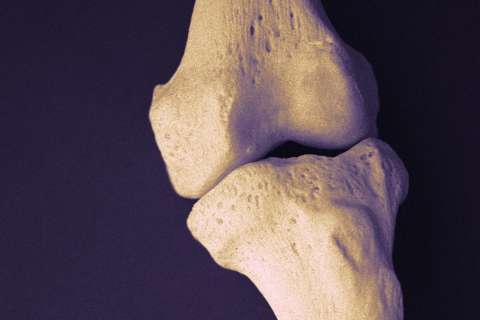Dear Doctors: My uncle has Alzheimer’s disease. He goes through these awful phases where he’s agitated and afraid. We’ve noticed that music calms him down, especially when it’s something from when he was young. Why would that be? Maybe music should be part of Alzheimer’s therapy.
Dear Reader: You’ve had the good fortune to discover a therapeutic practice that reaches back at least to the ancient Greeks. Aristotle and Plato believed that music could soothe the troubled soul, and the physicians of their time employed musical instruments to induce sleep and ease mental disturbances. Today, there’s a robust body of research into the therapeutic uses of music for people living with Alzheimer’s disease.
It turns out that, due to the unique way this type of dementia progresses, the areas of the brain that are linked to musical memory remain mostly free from damage. This allows Alzheimer’s patients to recognize and respond to music, especially when it is something that they have loved in the past. This has proven helpful in managing the periodic episodes of distress and agitation that are among the many challenges of the disease.
When researchers in Canada played new music for a patient with advanced Alzheimer’s, she didn’t respond. But when they played melodies that she was familiar with, she sang along. She remembered all of the words, and she continued to accurately sing the songs, even after the recordings ended.
More recently, Canadian researchers studying individuals with mild cognitive impairment or early Alzheimer's disease linked the practice of listening to music that was personally meaningful with improvements in their neuroplasticity. That refers to the ability of someone’s brain to change and adapt in response to new experiences. Writing in the Journal of Alzheimer's Disease, the researchers found this to be particularly true when the person felt a deep connection to the music that was being played. Not surprisingly, music has also been found to relieve stress and reduce anxiety for caregivers, as well.

As you suggested, music is indeed incorporated into therapy for patients with Alzheimer’s disease. It has been used both to engage the patient in the present moment and with the hope that it might have a beneficial effect on disease progression. When connecting with your uncle through music, it’s helpful to keep certain guidelines in mind. Start by eliminating any competing sounds, such as a TV or radio, which can be confusing. Choose from music he knows and loves, and that evokes happy memories. For many people, these are the songs that were popular in their youth. Singing along, clapping or even dancing can enrich the experience for both of you.
It’s important that you remain aware of how your uncle is responding. If the mood changes, be ready to switch songs or end the session. And be careful to avoid overstimulation. You want to keep things fun, easy and manageable. Regularly adding music to your visits with your uncle can bring pleasure to both of you. And as emerging research continues to suggest, music may be a unique therapeutic pathway to benefit cognition.
Our neurologists are leaders in clinical care, research, and education. Learn more and schedule your appointment.
(Send your questions to [email protected]. Owing to the volume of mail, personal replies cannot be provided.)





